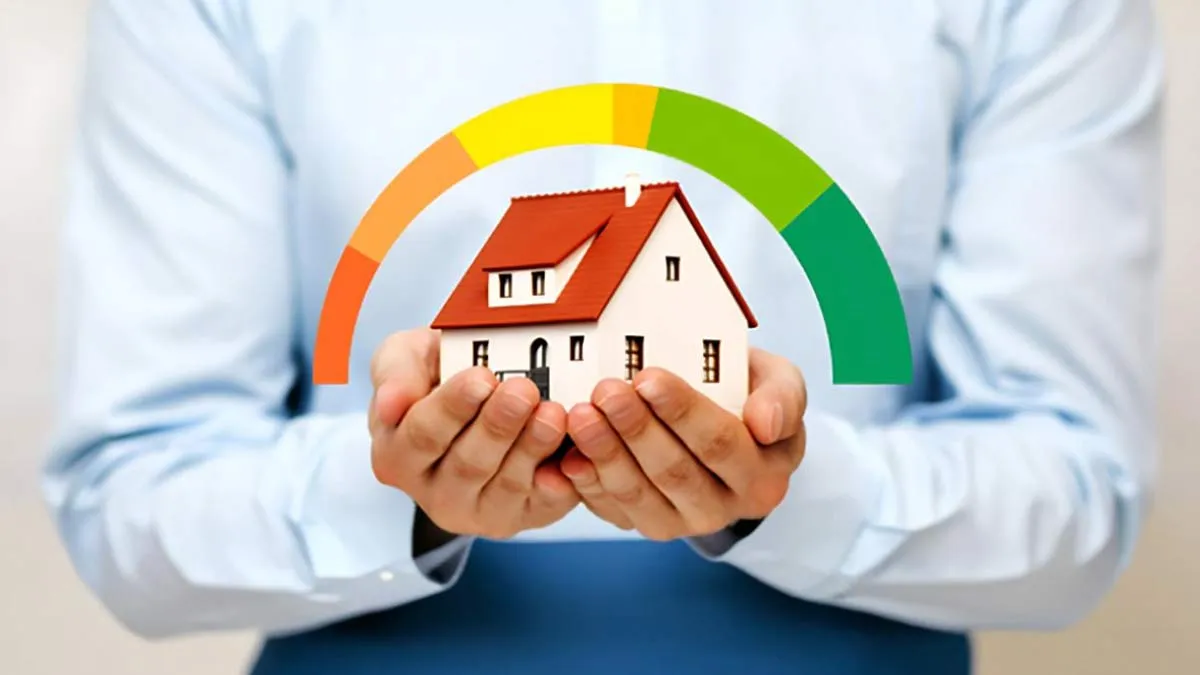- By Brand Desk
- Mon, 13 Oct 2025 12:29 PM (IST)
- Source:Brand Desk
Every time you apply for a loan or any other form of credit, there’s one number that takes centre stage: your CIBIL score. This three-digit figure acts as a financial summary of how you manage your credit.
When you apply for a home loan, lenders evaluate your CIBIL score to assess your eligibility and determine your loan interest rate. A higher score can help you unlock better terms.
In this guide, we will explore why your CIBIL score matters, how to check your CIBIL score for a home loan, and practical steps to steadily improve your CIBIL score over time.
What is a CIBIL Score and Why Does it Matter?
Your CIBIL score is a three-digit number ranging from 300 to 900. The closer you are to 900, the stronger your profile is. A high score generally indicates disciplined repayment, increasing the likelihood of quicker approvals and better terms.
How is Your CIBIL Score Calculated?
Your CIBIL score is determined by the following factors:
1. Repayment History
This is the most significant factor. It records how consistently you have paid your EMIs and credit card bills. Timely repayments can improve your score, while delays or defaults can reduce it.
2. Credit Utilisation
This indicates how much of your available credit limit you use. For instance, if you often max out your credit cards, it suggests high dependency on credit. Keeping utilisation below 30 per cent indicates responsible use and helps maintain a healthier score.
3. Credit Mix
Lenders prefer to see a balance between secured loans (like home loans) and unsecured loans (like personal loans). A varied credit portfolio demonstrates that you can manage different kinds of credit responsibly.
4. Length of Credit History
The longer you have been using credit responsibly, the better. A well-managed account over several years can improve your credit profile.
5. Credit Enquiries
Every time you apply for a new loan or card, the lender makes a ‘hard enquiry’ into your credit record. Too many of these in a short span can negatively impact your score.
How to Check CIBIL Score for a Home Loan?
Checking your score is simple. It is advisable to check your CIBIL score regularly, not just before applying for a loan. Here’s how you can do it:
1. Visit the official CIBIL website or your preferred lender’s website.
2. Provide personal details such as your name, date of birth, PAN, and contact information.
3. Complete authentication (often through an OTP).
4. View your current CIBIL score and download the detailed report.
How to Improve Your CIBIL Score
If your score isn’t where you want it to be, don’t panic. Improving your credit profile is about building consistent habits. Here are some practical steps:
- Always pay EMIs and credit card bills on time—delays reflect quickly in your score
- Keep credit utilisation moderate; avoid maxing out your cards
- Don’t apply for multiple loans or cards at once
- Review your credit report regularly to spot errors and raise disputes if needed
- Aim for a balanced mix of secured/unsecured loans
Your CIBIL score is a reflection of your financial management. If you are planning to avail of a home loan soon, make it a habit to check your CIBIL score, identify any gaps, and adopt measures to improve your CIBIL score steadily.
(This article is written by Brand Desk.)

